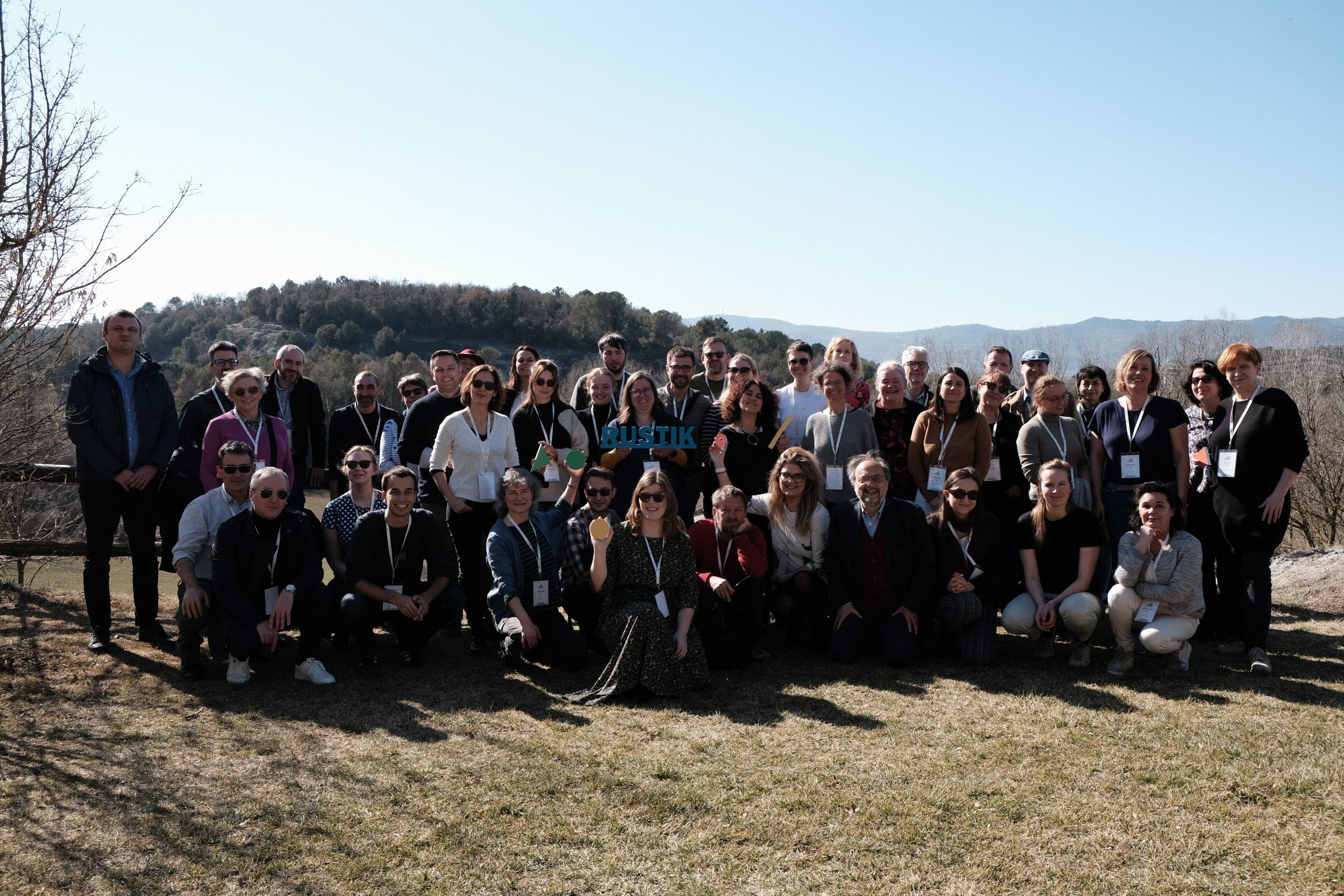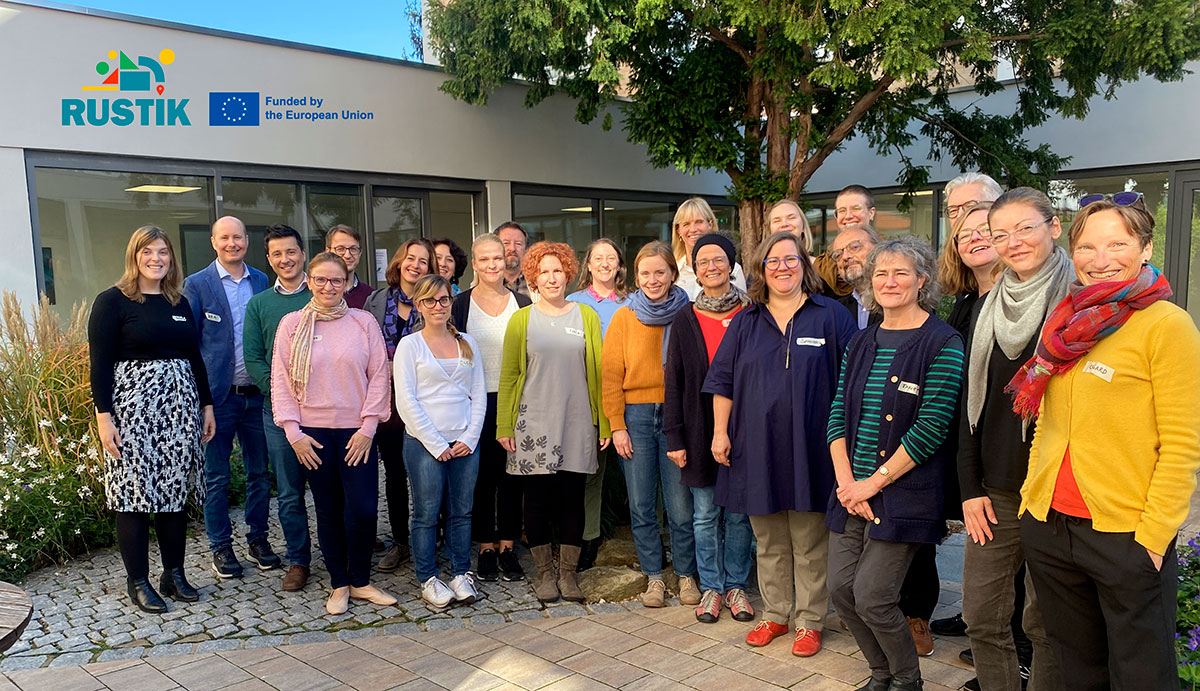The Zaječar district, in eastern Serbia, encompasses four municipalities with around 97,000 inhabitants. Despite distinct economic dynamics, they share challenges like lower wages, fewer employees, and higher aging rates compared to the national average. The district’s economy relies heavily on agriculture, the processing industry, and services, with significant potential for tourism development.
Economic and Demographic Challenges
The primary challenge is demographic decline, which negatively impacts rural communities, the economy, and natural resources. The Rustik Living Lab (LL) aims to restructure the economy towards high-value activities and labor-intensive services, focusing on tourism and establishing short food supply chains (SFSC).
The LL seeks to integrate the agricultural sector into tourism, benefiting local communities and small businesses. The current challenge is the low representation of local producers in meeting tourist market demands, leading to product sourcing from other regions. By collecting field data, the LL aims to enable evidence-based decision-making, policy development, and improved supply chain coordination.
Strategy Alignment
This initiative aligns with the “Strategy for the Development of the Urban Area of the City of Zaječar and the Municipalities of Knjaževac, Boljevac, and Sokobanja,” aiming to enhance business infrastructure, promote innovation, and establish value chains. RARIS, a key tourism development actor, will benefit from new data, improving decision-making and policy evaluation.
The region’s agriculture is dominated by small family farms focused on cattle, fruit, and grape production. Traditional sectors like meat and dairy are in decline. Focus groups identified supply chain problems, including insufficient trust among partners and lack of stable business relationships.
Policy Relevance
Addressing SFSC in agricultural policy and tourism development is crucial. As Serbia aligns its policies with the EU’s Common Agricultural Policy (CAP), integrating SFSC ensures compliance and addresses local challenges. Promoting local gastronomic identity through SFSC can boost economic growth and enhance tourism.
Research Questions
- What is the market potential for local sourcing in the Zaječar district tourism food supply chain?
- Which products should be prioritized for local sourcing?
- How can networking within SFSC enhance local agriculture and tourism integration?
- What changes are needed to make SFSC more sustainable and competitive?
There is a lack of comprehensive data on food supply chain participants, their capacities, and tourist demand for local food. The LL will review municipal databases and conduct surveys to gather necessary data.
The Zaječar district’s focus on developing SFSC and integrating them with tourism presents a significant opportunity for rural development. By addressing existing challenges and leveraging new data, the Rustik Living Lab aims to create a sustainable local food system that enhances economic growth and tourism.
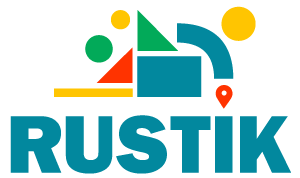
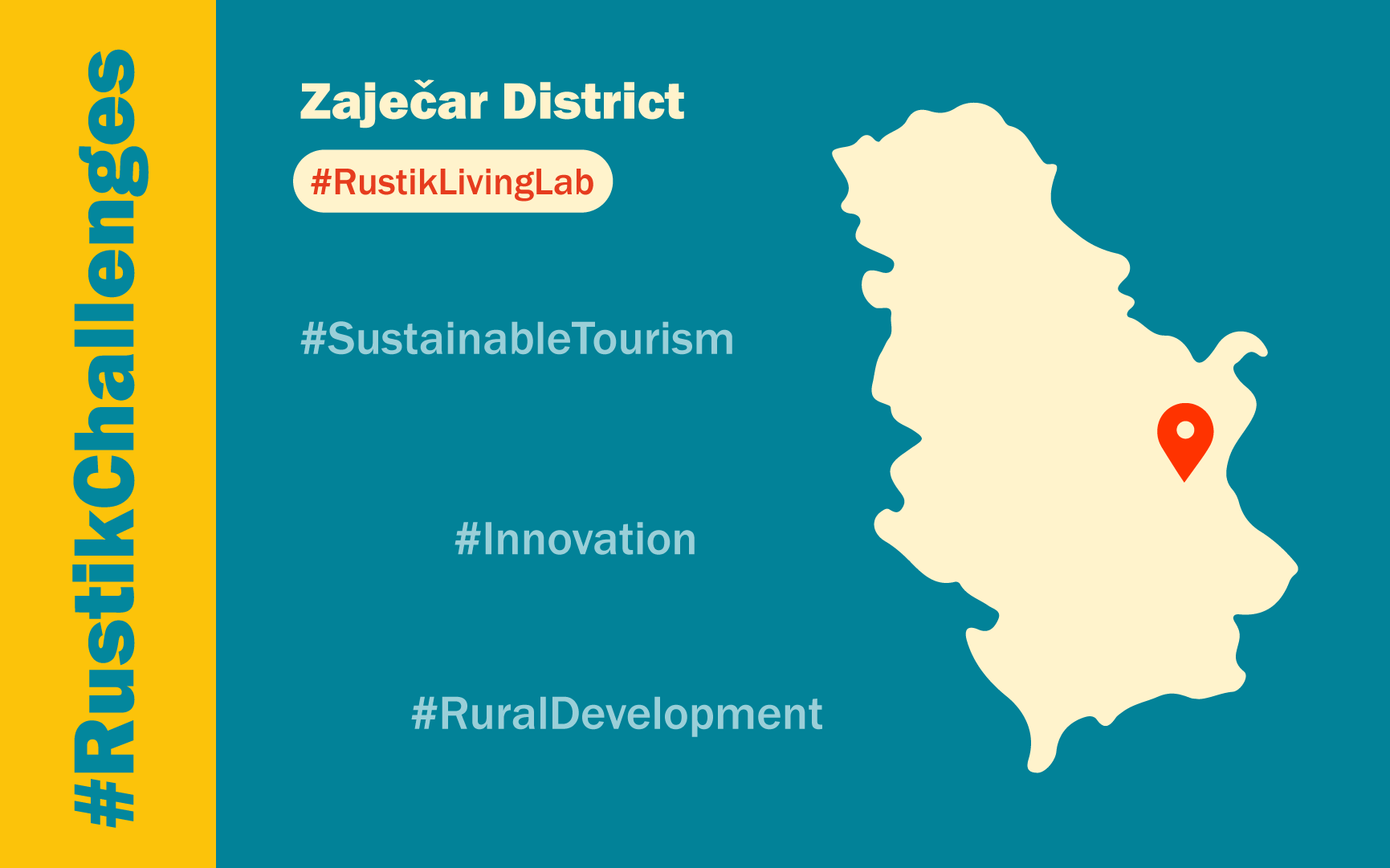
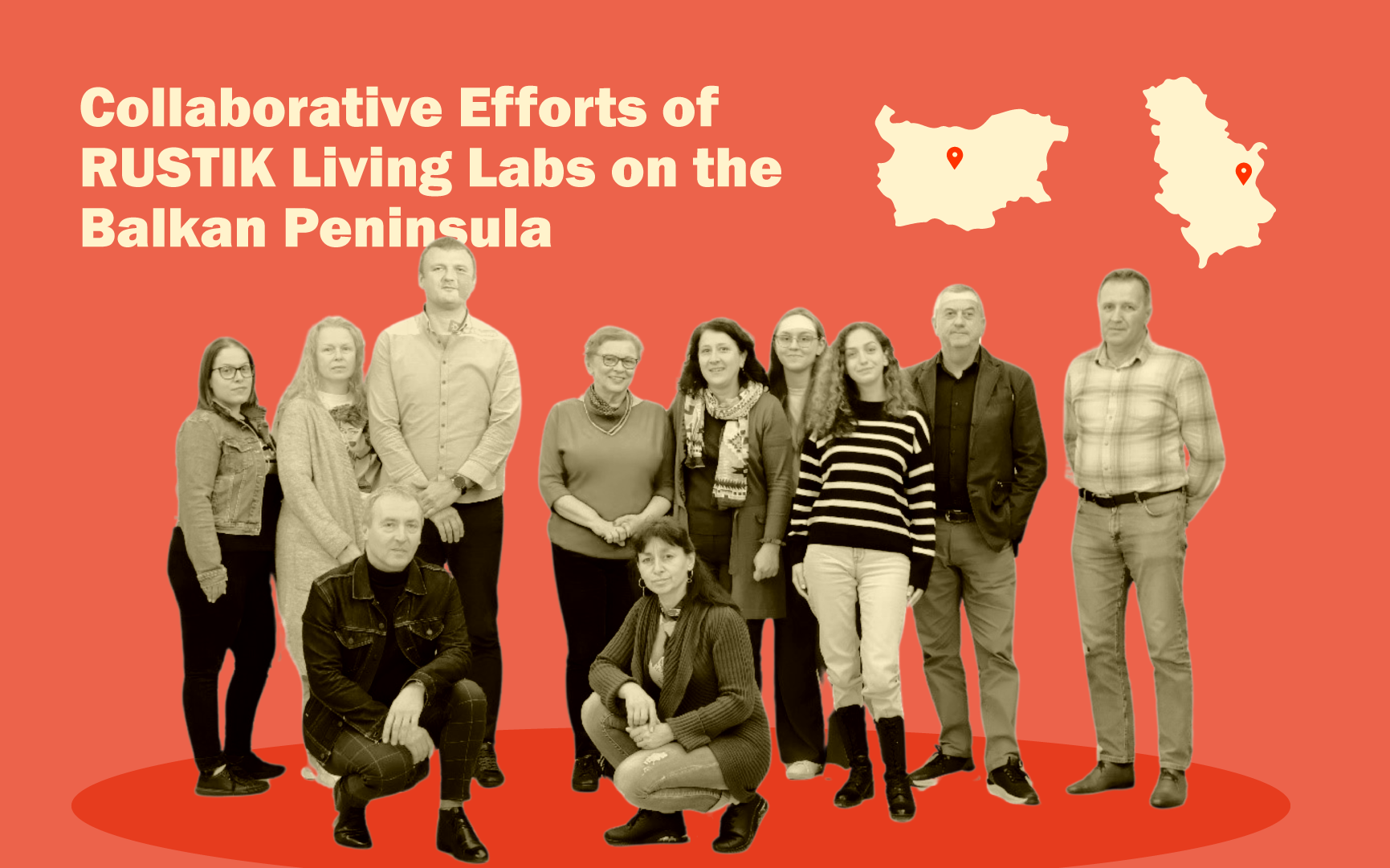
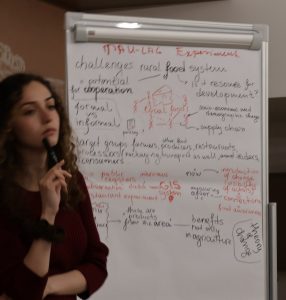 During the meeting, both LLs presented their key socio-economic challenges with a focus on food-related actors and policies. Identified data sources were discussed together with instruments for data collection (questionnaires and interview guides). Ideas and materials for further conceptualisation of the identified data were discussed, such as social network analysis of short food supply chain collaborations.
During the meeting, both LLs presented their key socio-economic challenges with a focus on food-related actors and policies. Identified data sources were discussed together with instruments for data collection (questionnaires and interview guides). Ideas and materials for further conceptualisation of the identified data were discussed, such as social network analysis of short food supply chain collaborations.

